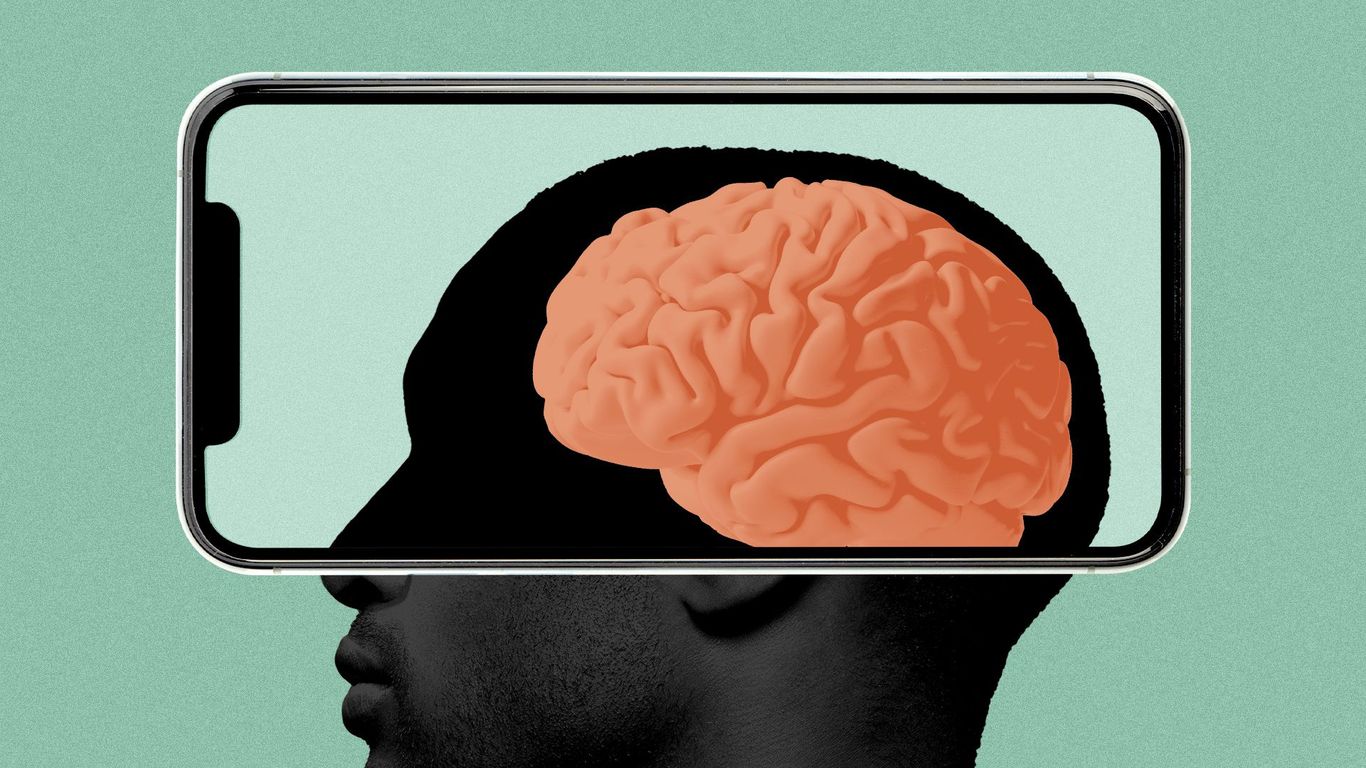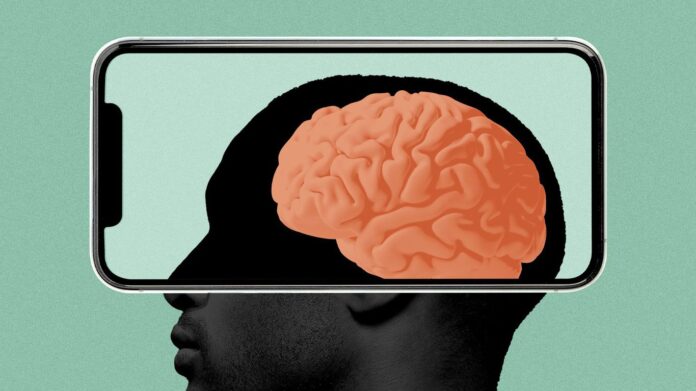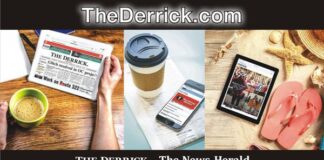
Digital health giant Headspace Health has acquired The Shine App, a personalized self-care and wellness startup, the company tells Axios exclusively.
Why it matters: Santa Monica’s Headspace is intent on promoting health equity and inclusivity by bringing mental health care to under-represented communities — and Shine furthers that mission, CEO Russ Glass says.
- New York-based Shine is “transforming the mental health system,” Glass says. “For us to be successful in delivering care to all kinds of lived experiences, we need to make sure we are bringing in talent.”
Zoom in: Shine, whose team is 80% BIPOC (Black, Indigenous, and people of color), is focused on bringing self-guided wellness to marginalized groups — where the supply-demand imbalance is disproportionally higher.
- Under-represented communities include women, Black, Asian and Latino adults; lesbian, gay and bisexual adults; and transgender individuals.
- Further reflecting this health equity gap, a striking 83% of U.S. psychologists were white as of 2019, with just 17% of the workforce of racial/ethnic minority, according to the American Psychological Association.
- Co-CEOs Marah Lidey and Naomi Hirabayashi, which launched Shine in 2016 following their own experiences, will join Headspace.
How it works: The Shine app offers daily meditations, self-care courses, and personalized support to more than 45,000 paid subscribers.
- Complementing the D2C offering, Shine also has 90-plus enterprise clients via its Shine at Work platform.
- Those customers will now have the opportunity to transition to the Headspace for Work platform.
Meanwhile, Headspace is fortunate to have a strong cash runway with “enough cash on the balance sheet to get us to profitability,” Glass says.
- About 60% of the Headspace platform stems from its consumer business, but the remaining B2B arm is growing at 50% year-over-year, he adds.
Context: The acquisition of Shine continues Headspace’s broader efforts to address mental health care gaps in specific populations
- It recently launched a women’s collection, whose resources address issues around body and health, sex and relationships, among other things. “It’s 50% of the population but there’s so little [content] out there,” Glass notes.
- It has exclusive content tailored to the LGBTQIA+ community, among other offerings.
State of play: Venture dollars fueled a proliferation of telehealth upstarts in the recent digital health boom. The space is ripe for rollup, with scaled players well-positioned to cherry pick assets that advance their playbooks.
- Touching 100 million covered lives in 190-plus countries, with over 3,700 enterprise customers (ranging from Starbucks to Cigna), “that puts us in a really interesting spot,” Glass says, noting that it provides a good solution for those startups in need of a distribution channel.
- Headspace expects to remain a participant in market consolidation of the crowded market, the CEO says.
- “The quote-unquote cream will rise to the top,” he adds. “You’ll see the noise go away, but then you’ll end up with a system that is going to work much better than the current one.”
Catch up quick: Headspace and Ginger merged at a $3 billion valuation in 2020, marrying on-demand therapy with mindfulness and medication offerings.
- In 2021, Headspace scooped up Sayana, an AI-driven mental health and wellness startup that encourages users to track their moods.
- Headspace has raised north of $400 million to date (Ginger and Headspace combined), with major investors including Blackstone.
Between the lines: “The digital health train has left the station,” and Glass believes such offerings will remain crucial to bending the cost curve and reducing the stigma around mental health care.
- “It’s just a matter of time that you see companies like ours grow into the valuations they once had… We’re in this to change an industry so who cares what it’s worth at any one time.”
What’s next: While “a little more cautious” amid macro trends, Glass said Headspace expects to make some 150 new hires between now and the end of the year.
🤝 One fun thing: Eniac Ventures’ Nihal Mehta introduced Headspace and Shine as a mutual investor in the two companies.







